Cycling news: The man charged with lifting Australian Cycling out of the doldrums
It was the bike failure which bottomed out Australian cycling, but it set in motion an extreme makeover aimed at peaking at the Paris Games. David Riccio meets the man responsible for change.
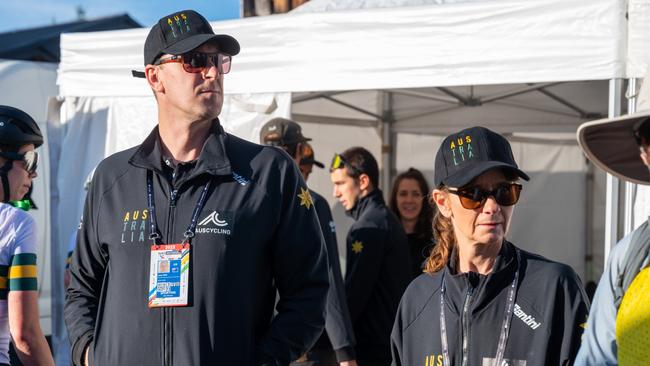
The flesh ripped from Australian Olympic cyclist Alex Porter’s head, face and arm, after his bike snapped at 69kmh, has healed.
For the past 15 months, the carnage from Porter’s Tokyo Olympics free fall has consumed, changed and steered AusCycling away from a path they never want to cascade down again.
The clean-up is ongoing, with any remnants of painful rust replaced instead, by a sparkling new shine, to be revealed at the start line of the Paris Olympics in just over 500 days.
The extreme makeover has included mass changes at the sport’s highest level, ultimately ridding the dictatorship culture, that was brutally exposed in a 171-page forensic review that was ordered following Porter’s shocking bike malfunction at a Tokyo Games that was underpinned by the Australian track cycling team’s worst performance — one bronze medal — at an Olympics since 1980.
The most critical change has been the appointment of executive manager of performance Jesse Korf, promoted out of AusCycling’s head of pathways role, to pilot the sport’s recovery and renaissance for Paris, the Victoria Commonwealth Games 2026, Los Angeles Games 2028 and Australia’s backyard Olympics in Brisbane 2032.
Korf, the son of Dutch and Canadian parents and with a history of high performance in basketball and speed skating, has replaced polarising Englishman Simon “Hurricane” Jones, who across five years in the most powerful position in Australian cycling, had regular run-ins with the media and anyone who dared question his elite program.
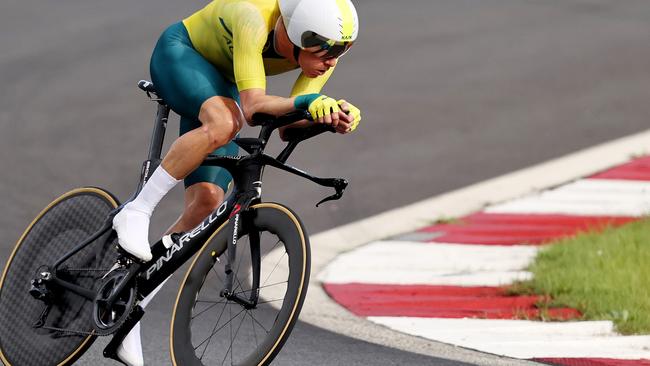
“To all those keyboard experts out there — f--- you,” Jones wrote on social media just days after Australia had won three bronze medals at the 2020 World Championships in Berlin.
“We got a great team of riders, coaches, support and sponsors. Bring on Tokyo team.”
The irony of Jones’ tweet — which was quickly deleted — and what unfolded in Tokyo still leaves knowing team members shaking their heads.
In the wake of the jaw-dropping bike failure in Japan, Australian cycling fans are crying out for the next Anna Meares, Stuart O’Grady, Cadel Evans or Bradley McGee.
There is hope.
Fans are turning to a new breed of pedal power that includes Tokyo gold medallist in BMX Logan Martin, world championship medallists in track sprint Matthew Richardson and Matthew Glaetzer, road time trial specialists Rohan Dennis and Grace Brown, world-class climber Jai Hindley, Tour de France stage winner Michael Matthews and rising track sprinter Kristina Clonan.
“If we’re talking about Australia in an Olympic and Paralympic setting being back at the top, or the top two or three nations on the medal table, I’m very confident that we will be better at Paris (2024) than we were in Tokyo,’’ Korf told News Corp.
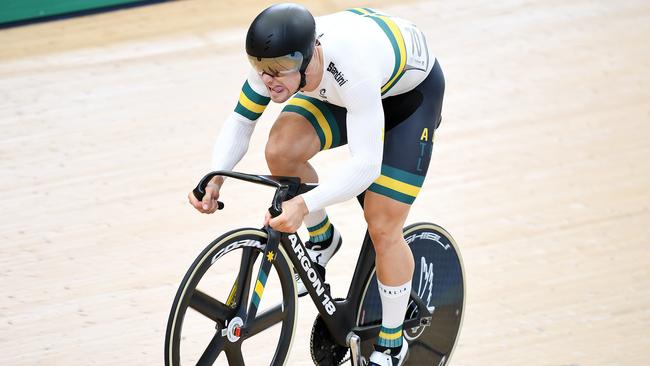
Korf’s optimism is born from AusCycling doing exactly what almost every elite-level sporting organisation does when they hit rock bottom.
They’ve taken a good hard look at themselves.
The complete snap of Porter’s handle bar, in the middle of the qualifying round of the men’s team pursuit at Tokyo’s Izu Velodrome, in August 2021, led to a damning independent report that spared nothing, or no one.
AusCycling’s “closed shop” culture within the engineering team, which dismissed debate and rigorous testing, was blamed for the bike malfunction.
“I have never seen that before,’’ stunned Sydney 2000 gold medallist Scott McGrory commented, as he watched the carnage unfold before his eyes.
Months after the crash, Porter’s voice strained as he described the fall in frightening detail.
“It’s still one of the weirdest feelings I’ve had in my entire life,’’ Porter told Triple M Adelaide.
“To be riding along at 69kmh and almost feel like you’re in a dream because the front of your body just starts moving down … I couldn’t work out why.
“Because in my head, my bike would be in one piece.
“In the moment, it was crazy.
“And then once I was on the ground, I could see my handle bars, 20, 30m away from my bike.
“It was just this feeling of anger, shock and frustration.’’
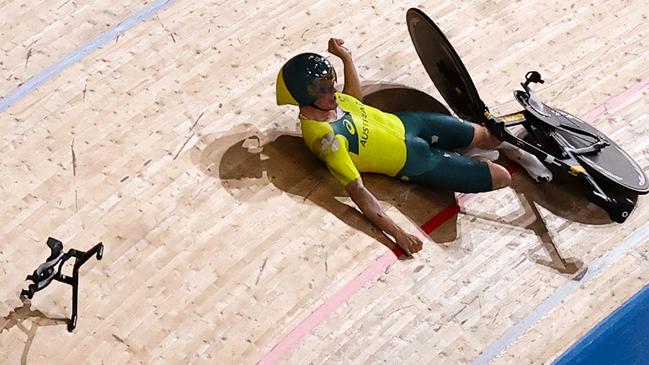
Korf said the review was crucial towards restoring AusCycling’s credibility, not just here in Australia, but to the rest of the world.
However, fundamentally, the review was paramount to restoring the trust of the country’s best riders, including Porter who will seek retribution in Paris, to ensure the most simplest requirement for high performance was assured; that in the future, their bike doesn’t crumble beneath them.
“It was required,’’ Korf said of the review, which was led by a former air crash investigator.
“And it was required to address an area of risk and weakness.
“From the get go, it was incredibly challenging for the athletes in particular to work through, but the only way we could go through that is to do it independently and to be fully transparent, so whatever comes out, we had to make it available and publish it.
“Because that creates accountability. That was the necessity.
“The other part of the necessity was actually doing better and being transparent and communicative to get that buy-in back from athletes.
“Because first and foremost, they need to have fit for purpose equipment and they need to have confidence in it.
“At the end of the day, it’s the athletes that do the performance.
“We’re just here to help.
“The only way to get that understanding is to have communication and to do that in a joint way rather than a dictative fashion.
“The athlete has to have the trust that they are set up to deliver the performance to the best of their ability.’’
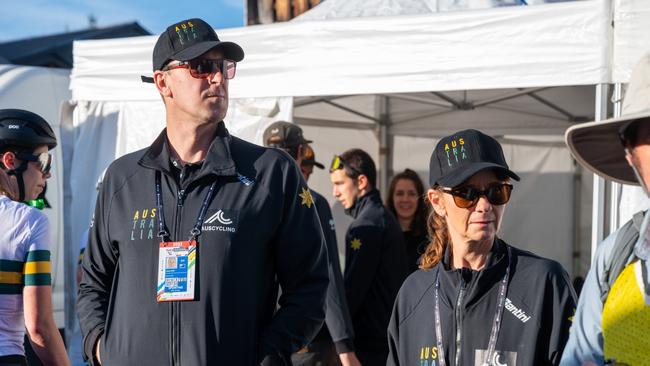
Last July, AusCycling rattled off three more staff appointments of major influence to join Korf.
Dr Scott Gardner was made Head Coach of Acceleration and Action, which includes BMX, BMX Freestyle and Track Sprint.
The highly credentialed sports scientist has held several pivotal roles in some of the most successful cycling programs of the past two decades, working with Australian legends Anna Meares, Ryan Bayley, Shane Kelly, and Sam Willoughby.
Gene Bates was appointed Head Coach of Endurance. Bates is the point for track endurance, road and mountain bike for both AusCycling’s able-bodied and para components.
However, arguably the most key appointment of the three, particularly in the wake of the Tokyo handle bar fiasco, is the appointment of Paul Collins, as AusCycling’s new Director of Engineering Excellence.
The associate professor has worked on the innovation, design and delivery of major projects for the likes of the AIS, lululemon, Quiksilver, Ford, and the World Solar Car project.
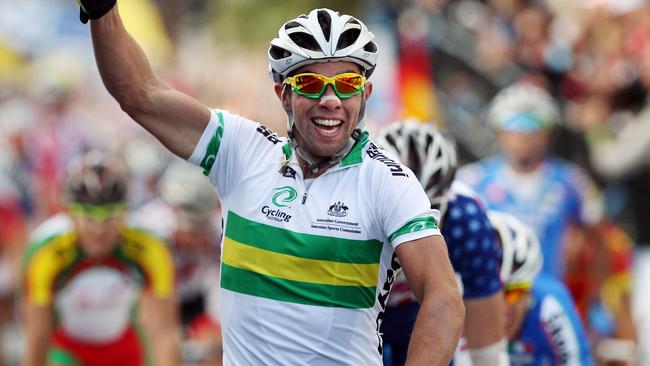
“The first thing that we did (after the review was completed) was take pretty much everything that’s in our workshop, pretty much every single component and work out which ones are most critical and most likely to be a risk and test them all to breaking point,’’ Korf said.
“The other thing that we’ve done since hiring Paul, who oversees pretty much all of our equipment and data, is we looked at what we need?
“How can we evolve?
“Which partners do we need to do that?
“And what are some areas of opportunity to either improve current equipment, or design new equipment that meets our fatigue and our load cases and is more aerodynamic.
“We’ve shifted the dial from checking it and making sure everything is in order, to working on projects that are more forward facing.
“What we’ve done is work with partners in Australia and the UK and sent (bike) components out and have had individuals that have that machinery test it.
“The other thing, other than getting the machinery, is the element of getting it tested independently, so there’s an appropriate check and challenge.
“All that equipment testing has been driven out of off of our offices, but it’s actually been done in off site locations in Australia and UK.’’
When asked of the obviously significant cost involved with the process, Korf said simply: “I would argue it’s a non-negotiable necessity.”
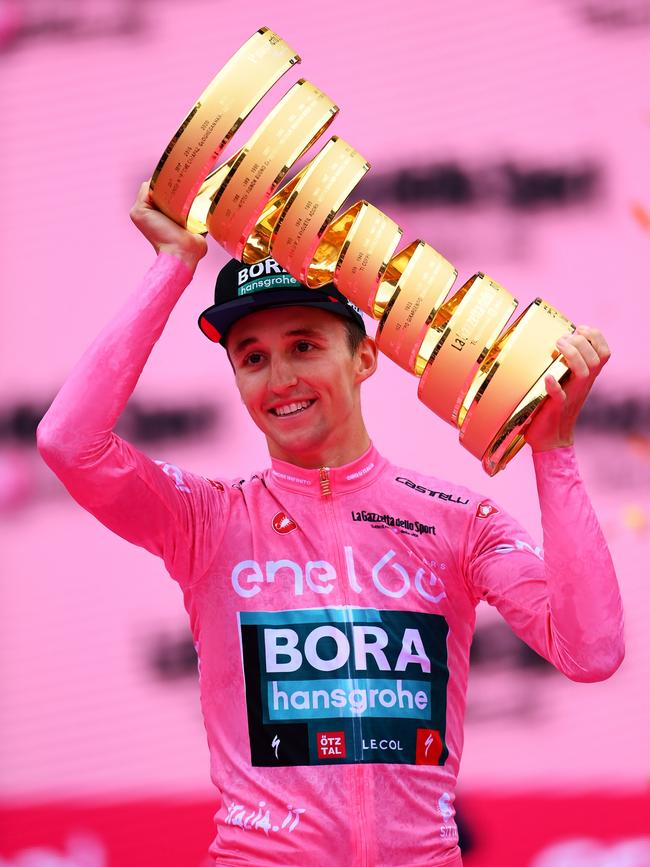
Korf said he could already see returns from the investment, but with a kicker.
He warned that if Australia is to return to a level of worldly dominance — Australia won seven gold medals and 22 in total across the Sydney 2000 and Athens 2004 games — the translation between performance and funding, couldn’t be misunderstood.
“If you look at an individual lens, in terms of Australia once again boasting legends of the sport, obviously Logan (Martin) is getting to the level of being worthy of being mentioned in that list of names,’’ Korf said.
“Jai Hindley is taking a massive step in winning a grand tour, he’s got a long career ahead of him.
“We see the men’s team sprint performing now like we do, if we can extend that, we could have Matt Glatezer and Matt Richardson being a part of that conversation too.
“But to get back to that level of seeing consistent Olympic champions, it takes a long runway and a lot more resources than we currently have, if you’re comparing to the top three nations.
“It’s the resources to put into talent development, staff support, equipment innovation, those kinds of things.
“We have a genuine opportunity to be back at that level in (Brisbane Olympics) 2032, if we can get resources up again.
“From a cycling perspective, if you look at the top three nations, aside from the fact that they’re all in Europe, so the cost to travel to competitions is a lot lower, France, Germany and Great Britain have a budget that is three to seven times our budget, with a lower travel expense.
“Where as in Australian cycling’s ‘hey days’ of 2000 and 2004, when we were at our best at the games, that was before the English institute of sport and all the other nations increased their investment.
“So I think we have an opportunity, if we’re better in Paris with the opportunity of the Commonwealth Games, LA and then Brisbane to use it as not only more attention, but to get more resources to help facilitate more performance.’’
Stream Over 50 Sports Live & On-Demand with Kayo. New to Kayo? Start your free trial now >



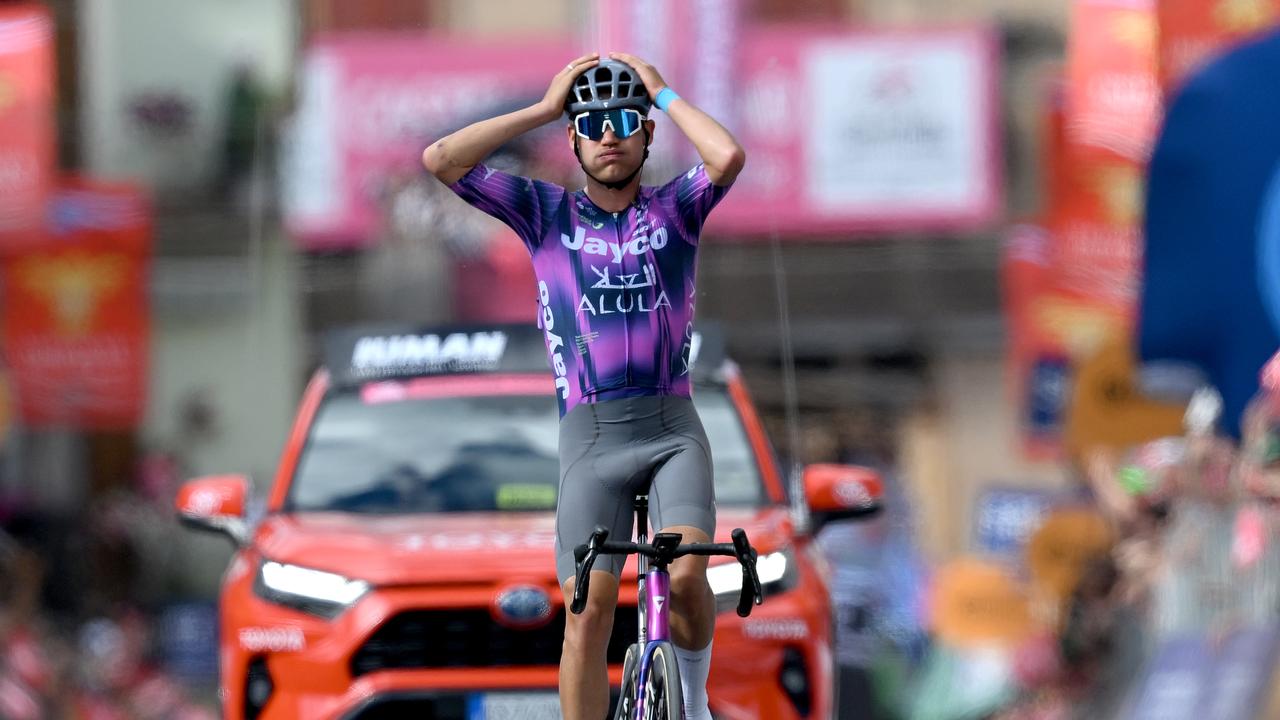
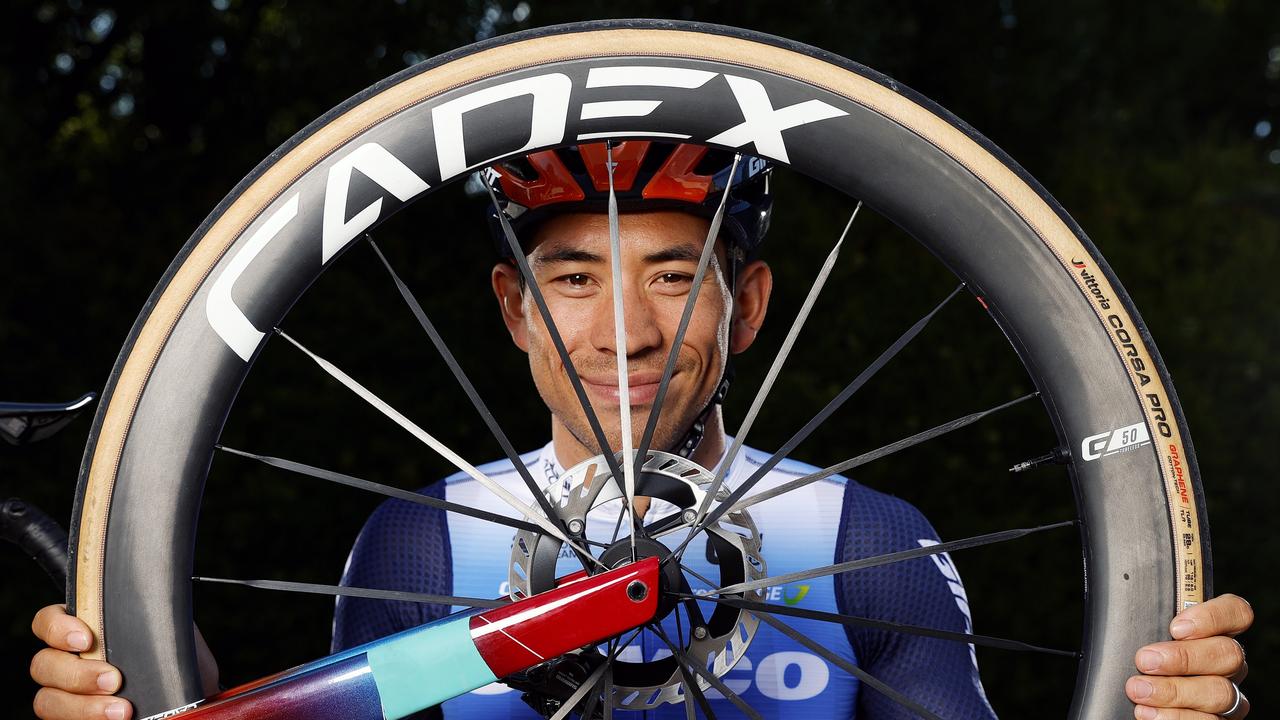
To join the conversation, please log in. Don't have an account? Register
Join the conversation, you are commenting as Logout